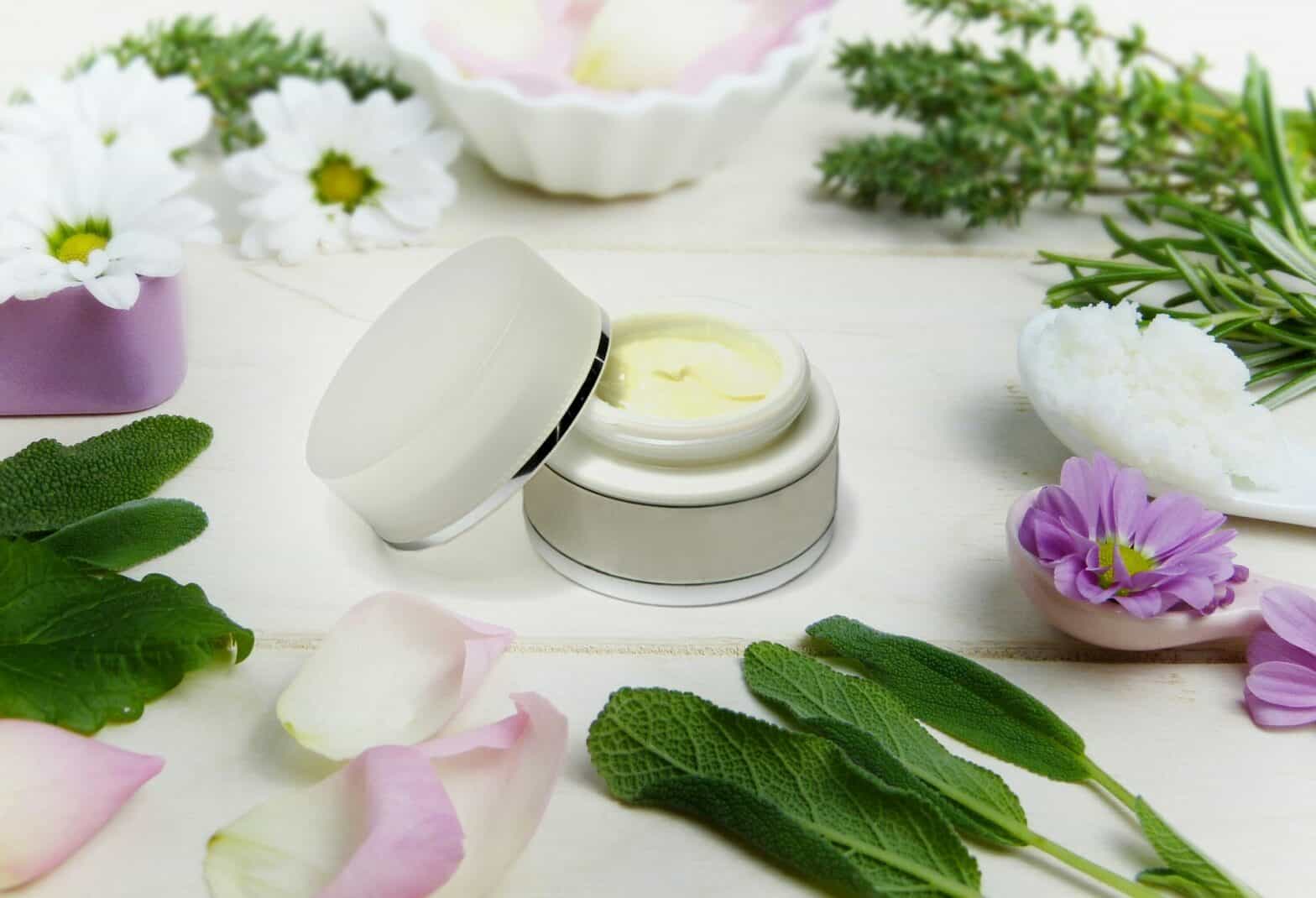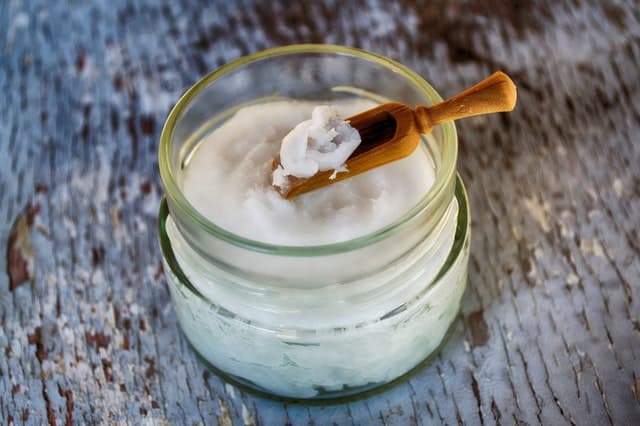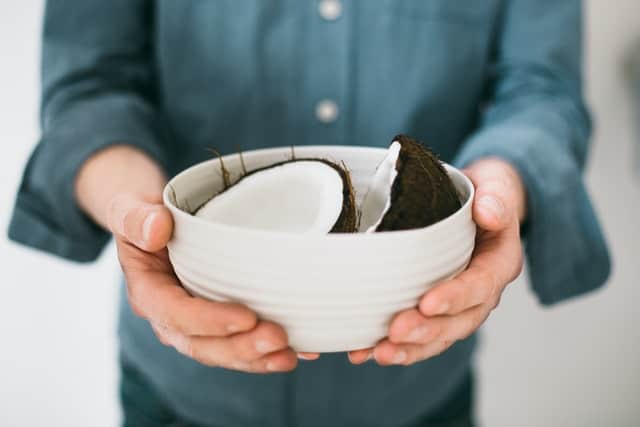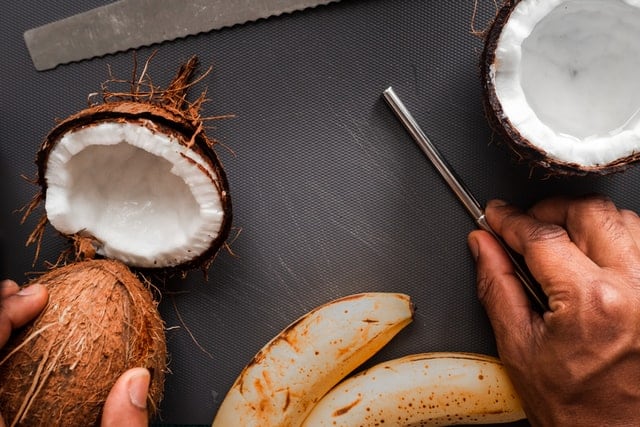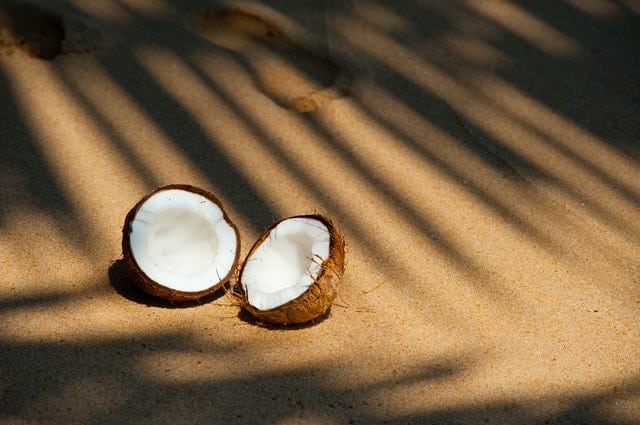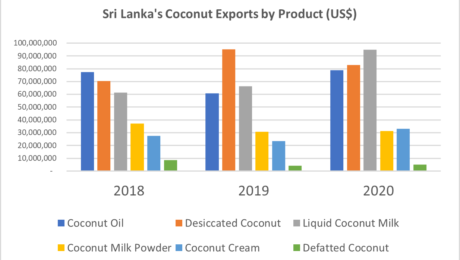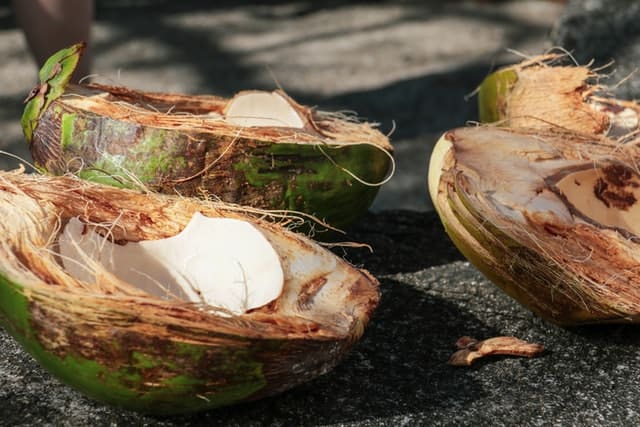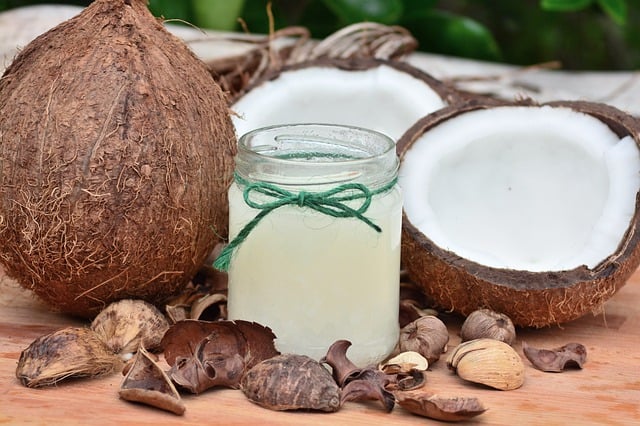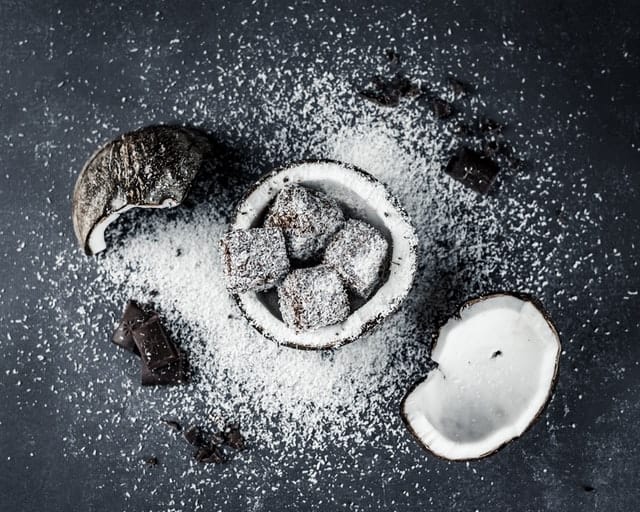Coconuts and coconut products have always held a special place in the culinary world. This is especially true for the best coconut products, as they can really enhance a dish when used correctly. Whether it be the fruit itself, the leaves, or the oil, people have always been able to use coconut in a variety of ways.
Recently, one coconut product has been gaining popularity. Indeed, creamed coconut is slowly but surely becoming a mainstay in just about any kitchen. This is why we thought it would be helpful to have a short discussion about it. Today, we’ll be talking about what creamed coconut is, how it differs from other coconut products, and the best ways to use it.
If this is something you’re interested in, read on as we break down everything you need to know about creamed coconut.
What is Creamed Coconut?
Creamed coconut is a jam-like ingredient that’s made by grinding the flesh of a coconut. This process is largely similar to that of peanut butter, which is why creamed coconut is often compared to coconut jam. However, one key difference is that creamed coconut does not make use of any sugar.
Another difference is that when it’s at room temperature, creamed coconut can be relatively firm. It only becomes cream-like when it’s exposed to gentle heat. Given its texture, you’d expect some form of stabilizers to be present, but real creamed coconut is entirely natural. It doesn’t make use of any additives, preservatives, or dyes.
How Does It Differ From Other Coconut Products?
As we’ve mentioned above, creamed coconut share similar properties to other coconut ingredients and products. For the sake of clarity, we thought it would be useful to go through the list of similar products and point out what makes creamed coconut different.
While creamed coconut shares similar properties with coconut jam, creamed coconut looks more like coconut butter due to its firm texture. The flavor is also quite different as creamed coconut isn’t as sweet as coconut jam.
Speaking of coconut butter, creamed coconut is pretty much the same thing as coconut butter. In some recipes, they can even be used interchangeably. One key difference is that creamed coconut has fewer amounts of solidified coconut oil in the pack.
How Is It Used?
Due to its flavor profile, creamed coconut is used in desserts and other sweet dishes. In fact, it’s excellent to use as a cake topping. It’s also great on pancakes and can be used as a substitute for butter. All you need to do is scoop a tablespoon of creamed coconut and let it melt on top of the pancake.
Another great use of creamed coconut is making coconut milk. Just use a blender to mix 7 to 8 tablespoons of creamed coconut with a cup of water. For the best result, use water that’s at room temperature.
Conclusion
We hope this article has helped you better understand creamed coconut. While you still might not be familiar with how to use it, we suggest you give it a try. Learning how to use this ingredient effectively will improve just about any dish you make. Be sure to look back on this article if you are ever confused about handling this ingredient.
If you’re looking to purchase bulk organic coconut oil and other coconut products in Sri Lanka, Ceylon Exports and Trading is here for you. We provide premium coconut products that are sourced directly from the Sri Lankan Coconut Triangle. Contact us today!




